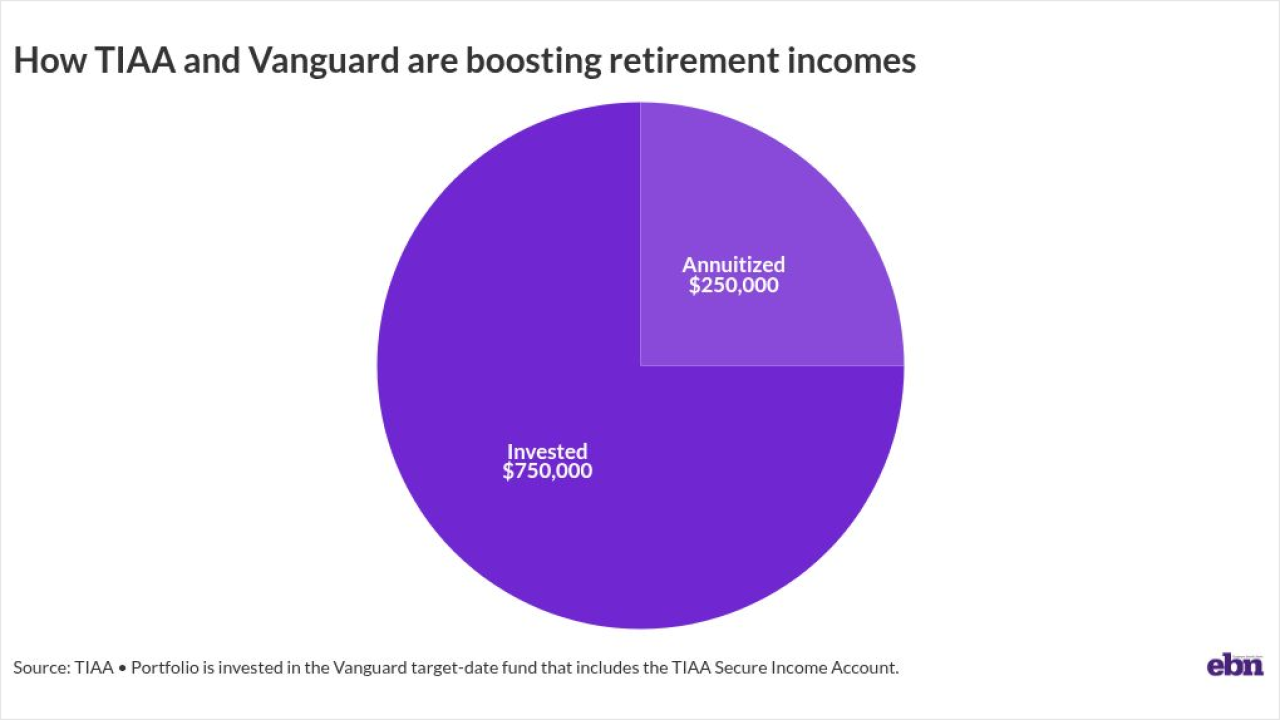When a Hilton Hotels employee was making plans to travel for work, she spent an entire day trying to figure out a solution for getting her breast milk to her baby back home. To make life easier for that employee and the hundreds of other working mothers in its ranks, Hilton recently signed on with breast milk shipping and storing company Milk Stork.
Beginning in June, all U.S. Hilton employees — be they housekeeping or C-suite — will have access to Milk Stork, which caters to working mothers who travel for their jobs. At no cost to them, Hilton will ensure mothers have access to the service while on business travel. Milk Stork kits often include breast milk storage bags, a refrigerated box for packing and a tote if mothers choose to carry milk with them.
“There’s always been an ask for more family-friendly benefits,” says Priyanka Das Sarma, director of benefits at Hilton. “Breast milk is like gold really for a nursing mom, so we want to make sure our team members are provided best-in-class service.”

Hilton isn’t the only company that sees value in offering Milk Stork’s services to its employees. The provider, which has shipped over 2 million ounces of breast milk since its launch in August 2015, said this month it added another 100 employers to its client roster, including Kohler, Oxfam, education tech company Everfi, Info Tech, Munger, Tolles & Olsen, Hyland and Oregon State University.
More than 400 employers in total now offer Milk Stork’s services to employees.
“Milk Stork’s goal from the beginning has been to make life easier for breastfeeding, traveling moms,” says Kate Torgersen, founder and CEO of Milk Stork. “By adding another 100 companies to our roster, we are taking action to make sure that moms don’t have to choose between breastfeeding and their careers.”
Benefits managers need to make sure their company is living up to its responsibilities for employees, says Jackie McNamara, HR programs manager at Hyland, a software company with about 3,500 employees. McNamara says she had heard about Milk Stork in passing at a wellness conference, but it was her own experience juggling work travel and being a new mom that really drove home how valuable the partnership would be for her organization.
“When I looked into it, it felt like a great way to support that population during a difficult time,” McNamara says. “It’s a lot to ask women to travel when they are breastfeeding. So it’s kind of our way of saying thank you for doing this.”





